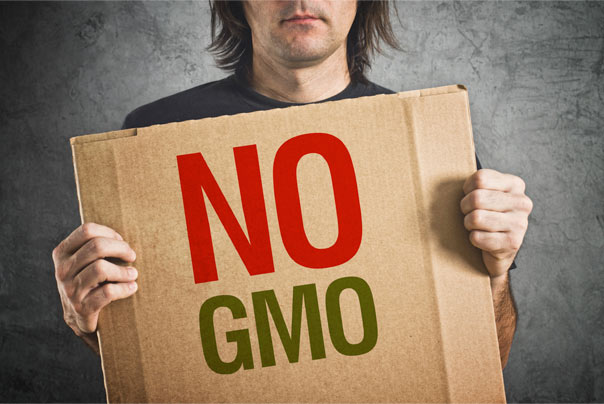Report: Americans becoming more "GMO Averse"; food companies that stay silent on GMOs risk losing consumer trust
By Ken Roseboro
Published: October 30, 2014
Category: Consumer Attitudes

To access all the articles in this month's issue of The Organic & Non-GMO Report, SUBSCRIBE NOW.
A new report finds that Americans are increasingly avoiding genetically modified foods due to health concerns, demanding transparency when it comes to their food, and increasingly distrusting of food companies that stay silent on the GMO issue.
The Hartman Group, a market research firm, published the report: GMO Perceptions, Knowledge, and Labeling. The report involved in-depth in-home, focus group and panel interviews and an online survey of 1,728 adults.
Health concerns are top reason to avoid GMOs
The report said that 40 percent of all consumers are avoiding or reducing GMOs in their diet. This “GMO Averse” population is diverse demographically and includes 40 percent of Millennials, ages 18 to 35, 36 percent of Baby Boomers, ages 50 and over, and 42 percent of parents of children ages 0 to 8.
While many GMO Averse consumers are unclear on GMOs and their impacts on health, they say that concerns about GMOs are warranted, and they feel a growing mistrust of food companies. They list health concerns as the top reason for avoiding GMOs.
Not labeling GMOs will be a liability for food cos.
The report says GMO Averse consumers are fundamentally driven by a concern for transparency. They want to know what is in their food.
The report warns that companies that stay silent on the issue face the greatest risk of losing consumer trust and relevance. Because of the demand for transparency not labeling GMOs will likely be a liability in the near future.
The current consumer sentiment is that if GMOs are safe, label products and let consumers make informed decisions.
The report states that taking a proactive approach to labeling GMOs is likely to be perceived as positive in terms of transparency and care for the consumer.
Non-GMO claim destined to be used on conventional, natural foods
The report says the rapidly growing non-GMO food category is the latest in a line of “purity attributes” that are becoming mainstream in American food culture. Others include “No Trans Fats,” “No Preservatives,” “All Natural,” and “Organic.”
Non-GMO overlaps with organic because organic food production prohibits the use of GMOs. The non-GMO claim is most likely destined to become a marketing driver in conventional and non-organic natural foods and beverages, particularly meat, eggs, and dairy.
© Copyright The Organic & Non-GMO Report, November 2014




